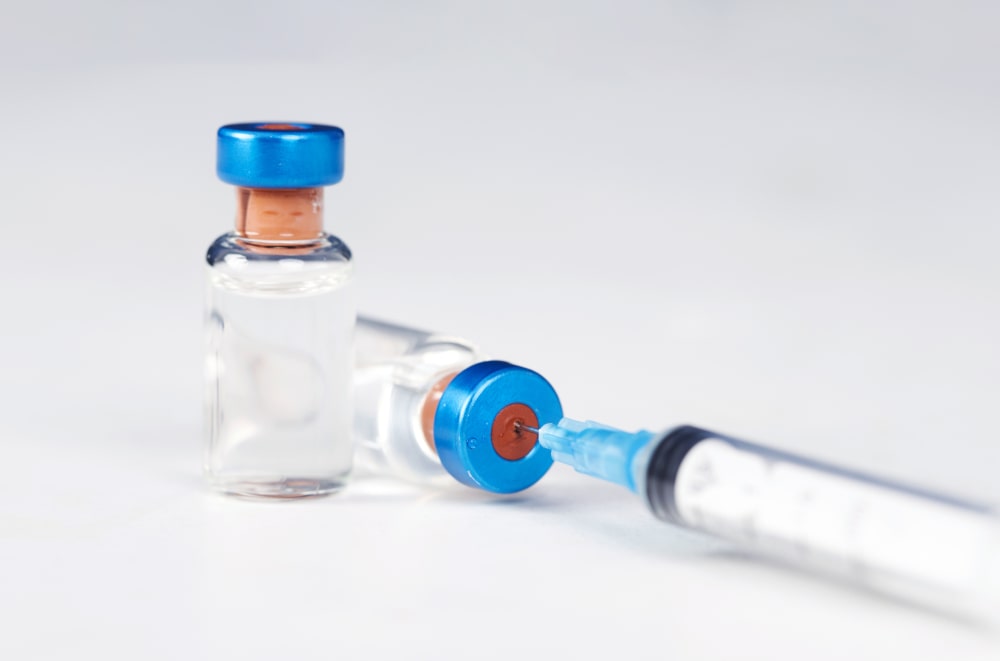
If you are like many people on Medicare, you might be wondering which vaccines are covered by Medicare and which parts of Medicare cover them.
Medicare does cover vaccines and the level of coverage is determined by what part of Medicare pays. Vaccines that are covered by Part B (Flu Shots, Hepatitis B, and pneumonia) you won’t have to pay anything for. Any others will fall under Part D and the coverage amount is determined on the plan that you have. Formularies, copays, deductibles, and coinsurance all play a role in what your out-of-pocket would be. The average cost to the insured averages about $57.
Today we will talk about different vaccines and how Medicare covers them. Keep reading to learn more.
Vaccines Covered by Part B
Medicare Part B is outpatient medical insurance. Click here to read more about Part B.
Part B covers many vaccines that are considered preventive, including:
- Flu shots
- Hepatitis B shots
- Pneumococcal vaccines
Let’s look at each of these in more detail.
Flu Shots
Medicare Part B covers one flu shot per season.
If your healthcare provider “accepts assignment,” meaning he or she accepts Medicare’s payment as payment in full, you pay nothing for your flu shot.
You can get a flu shot in a doctor’s office or pharmacy.
Hepatitis B Shots
Hepatitis B is a virus that can lead to liver infection.
Medicare Part B will cover Hepatitis B shots if you are at a higher than average risk for the virus.
A healthcare provider will likely consider you high risk if you have end-stage kidney disease, diabetes, hemophilia (a disorder characterized by excessive bleeding), or exposure to someone with Hepatitis B.
If your health care provider accepts Medicare-approved payment amounts, you pay nothing for a Hepatitis B shot.
Pneumococcal Vaccines
Pneumococcal shots prevent infections like pneumonia, meningitis, and sepsis.
Medicare Part B covers one pneumococcal shot per year.
If your health care provider accepts Medicare-approved payment amounts, you pay nothing for a pneumococcal shot.
Vaccines Covered by Part D
Medicare Part D is prescription drug coverage. Click here to read more about Part D.
Medicare Part D covers vaccines that Part B does not as long as your healthcare provider determines that you need them and writes you a prescription for them.
Your cost for vaccines covered by Part D can include:
- Copayments and coinsurance amounts for the vaccines themselves
- Costs associated with having the shots administered in a doctor’s office or other healthcare provider’s setting
Many people have other coverage, like Medicare Supplements and Medicare Advantage plans, to help minimize or cover the costs of having the shots administered. Use the search tool to find out more about these.
Here are some of the vaccines that would be covered by Part D:
- Shingles shot
- Tdap vaccine
- Varicella (chickenpox) vaccine
Let’s look at each of these in a bit more detail.
Shingles Shot
The shingles shot has two rounds. The second shot is given 2-6 months after the first.
The cost to you for these shots depends on the Part D plan you choose, but most people pay, on average, around $150.
Tdap Vaccine
The Tdap vaccine prevents tetanus, Diptheria (a bacterial nose and throat infection), and pertussis (commonly known as whooping cough).
A Tdap shot lasts for ten years, and the average cost is around $60 without coverage. Therefore, costs with Medicare Part D would be minimal.
Varicella Vaccine
The varicella vaccine prevents chickenpox.
Medicare Part D would cover this vaccine if you did not get it as a child.
The cost to you will depend on the Part D plan you choose, but most people pay no more than around $140.
Summary
In conclusion, certain vaccines are covered by Medicare Part B and others are covered by Part D.
Vaccines covered by Medicare Part B are typically those that are considered essential to a standard prevention routine.
Those that are covered by Medicare Part D are generally the ones your healthcare provider determines are medically necessary and prescribes.
The vaccines covered by Part D will depend on the plan you choose and your coverage phase.
We talked about Part D and the phases of coverage in a different post. Click here to read.
We talked about some of the more common vaccines, but there are others your healthcare provider may feel that you need. He or she can help you determine which part of Medicare.
If you have any questions, use the search tool at the top of this page or on the home page.
You can fill out a contact form and submit your questions if you would like more information.
If you prefer to speak by phone, call us at 888-209-5049.






Leave A Comment